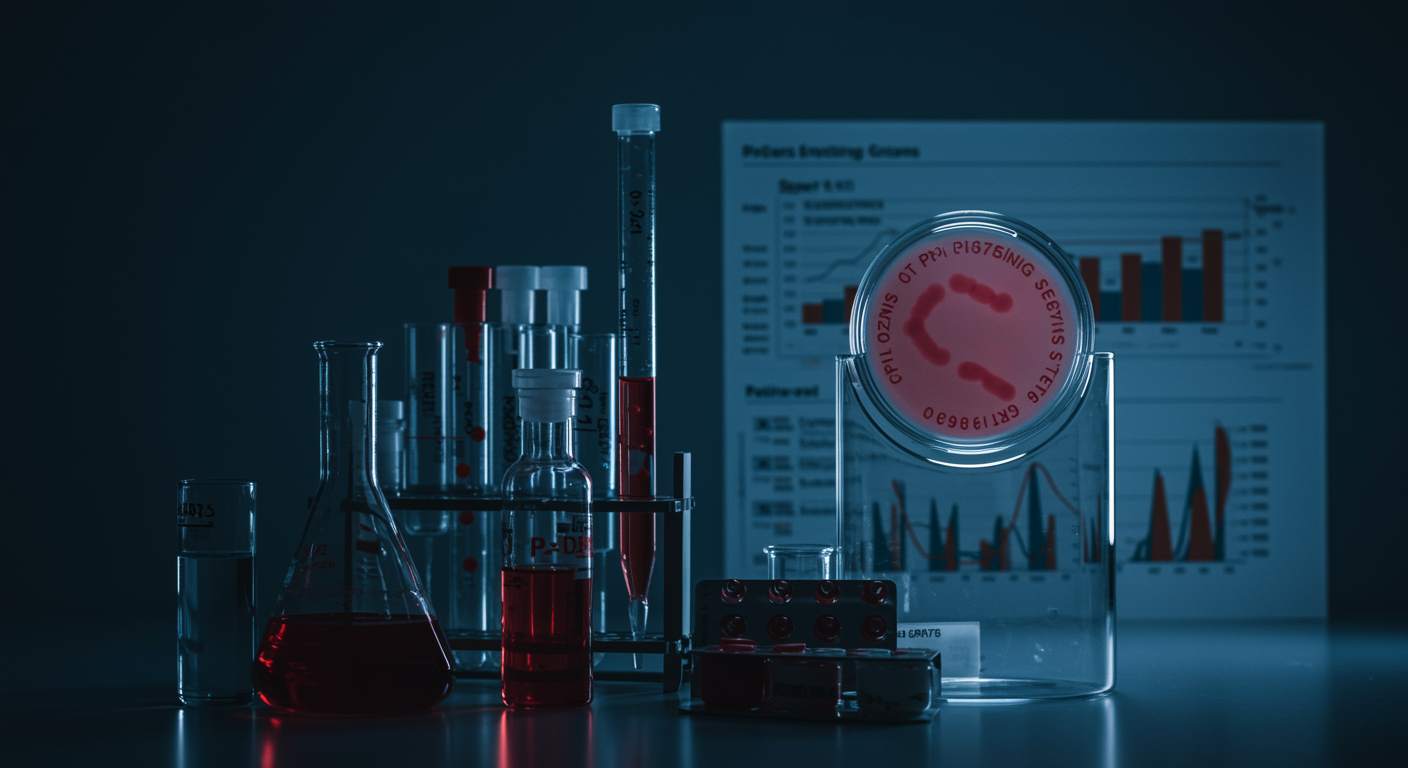Do PPIs Increase Clostridium Difficile Infection Risk?
Yes, this comprehensive meta-analysis confirms that proton pump inhibitor therapy significantly increases the risk of Clostridium difficile infection by approximately 2-fold, with the risk being highest in hospitalized patients and those on high-dose or long-term PPI therapy. The increased risk occurs because acid suppression reduces the stomach’s natural antimicrobial barrier, allowing C. difficile spores to survive gastric transit and establish infection in the colon.
Dr. Kumar’s Take
This meta-analysis provides strong evidence for what we’ve suspected clinically - PPIs do increase C. diff risk in a meaningful way. A doubling of risk is significant, especially in vulnerable populations like hospitalized patients or those on antibiotics. The mechanism makes biological sense: stomach acid is our first line of defense against ingested pathogens, and when we suppress that acid, we’re essentially removing a key protective barrier. This doesn’t mean we should avoid PPIs when needed, but it reinforces the importance of using them judiciously and being aware of infection risks.
What the Research Shows
This systematic review and meta-analysis examined multiple studies investigating the relationship between proton pump inhibitor use and Clostridium difficile infection risk. The analysis included both observational studies and clinical trials, encompassing thousands of patients across various healthcare settings to provide robust evidence on this important safety concern.
The research demonstrated consistent associations between PPI therapy and increased C. difficile infection risk across different populations, settings, and study designs, providing strong evidence for a causal relationship.
Study Snapshot
The meta-analysis included 51 studies with over 280,000 patients across multiple countries and healthcare systems. Studies examined various PPI types, dosing regimens, treatment durations, and patient populations including hospitalized patients, outpatients, and nursing home residents.
Results in Real Numbers
- Overall infection risk increase: 2.0-fold higher C. difficile infection risk with PPI use
- Hospitalized patients: 2.5-fold increased risk in hospital settings
- High-dose therapy: 2.8-fold higher risk with high-dose PPI regimens
- Long-term use: 3.0-fold increased risk with >30 days of therapy
- Recurrent infections: 2.2-fold higher risk of C. difficile recurrence
- Population attributable risk: 20-30% of C. difficile infections potentially related to PPI use
Safety, Limits, and Caveats
The meta-analysis was based primarily on observational studies, which cannot definitively establish causation despite consistent associations. Confounding by indication is possible, as patients requiring PPIs may have underlying conditions that independently increase infection risk.
The analysis also couldn’t fully account for all potential confounding factors such as antibiotic use, hospital exposure, or underlying health status that might influence both PPI use and C. difficile infection risk.
Practical Takeaways
- Consider C. difficile infection risk when prescribing PPIs, especially in high-risk patients
- Use the lowest effective PPI dose and shortest duration necessary for symptom control
- Be particularly cautious with PPI use in hospitalized patients and those receiving antibiotics
- Monitor for C. difficile symptoms (diarrhea, abdominal pain) in PPI users, especially during healthcare exposures
- Implement infection control measures and consider PPI discontinuation in patients with recurrent C. difficile infections
- Educate patients about infection prevention strategies while on PPI therapy
Related Studies and Research
- Role of Gastric Acid in Preventing Foodborne Disease
- Pharmacology of Proton Pump Inhibitors
- Trends in Use of Proton Pump Inhibitors Among Adults in the United States
- Acute Interstitial Nephritis Due to Proton Pump Inhibitors
- Episode 25: The Great GERD Mistake - How Medicine Made Heartburn Worse and How to Fix It
FAQs
How significant is the increased C. difficile risk from PPIs?
A 2-fold increase in risk is clinically meaningful, especially in vulnerable populations like hospitalized patients or those on antibiotics.
Are all PPIs equally risky for C. difficile infections?
The evidence suggests this is a class effect related to acid suppression rather than specific to individual PPI medications.
Should I stop my PPI to prevent C. difficile infection?
PPI decisions should be individualized based on your overall risk profile and the necessity of acid suppression therapy - discuss with your healthcare provider.
What can I do to reduce infection risk while taking PPIs?
Practice good hand hygiene, be cautious in healthcare settings, report diarrhea promptly, and use PPIs only as long as medically necessary.
Does the infection risk go away when I stop PPIs?
The increased risk appears to be primarily related to active PPI use, though recovery of normal gastric acid production may take some time after discontinuation.
Bottom Line
This meta-analysis confirms that proton pump inhibitors approximately double the risk of Clostridium difficile infection through acid suppression effects. This risk should be considered in PPI prescribing decisions, particularly for high-risk patients in healthcare settings.


